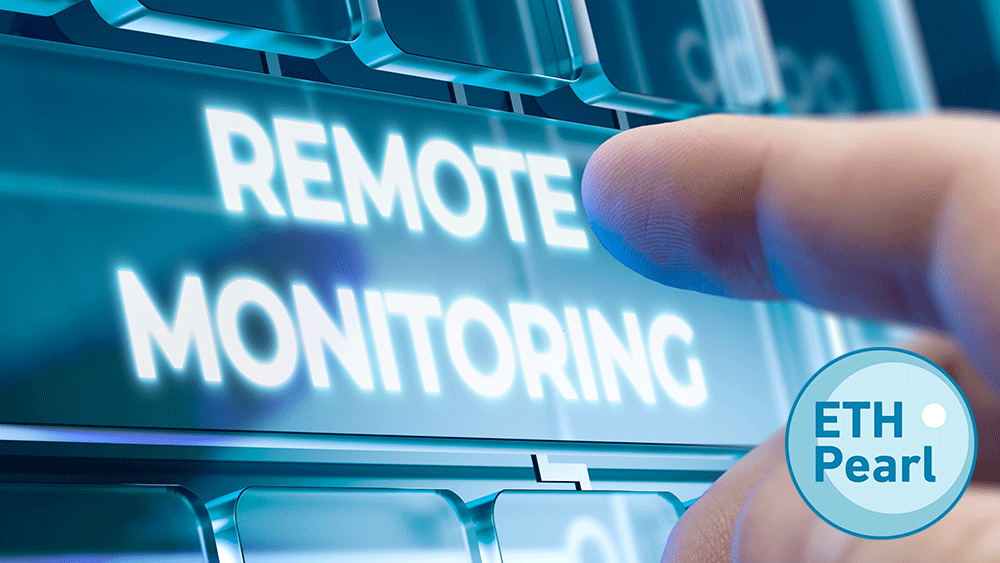Learn the essentials of sensor-based remote patient monitoring
We are now accepting applications for the ETH Pearl continuing education short course Remote Monitoring.

Sensing technology and remote patient monitoring are among the most fascinating aspects of the digital healthcare transformation. Imagine being able to remotely record your patients’ important vital parameters: to track blood glucose levels, analyse brain activity, measure eye pressure and detect the risk of falls before any bones are broken – all without seeing them in person.
Sensing technologies are complicated, but they will be a key element of future clinical trials and of the doctor-patient relationship in the digital age. Yet without reliable infrastructure and the know-how to extract, manage and analyse large amounts of data, no useful information can be gleaned from sensors.
The ETH Pearl Remote Monitoring course will teach participants the essentials of remote patient monitoring in clinical trials. It will cover key technology, device selection and integration into research, and subsequent data management. Participants will learn about the challenges and benefits of integrating sensor technology in clinical trials through hands-on workshops and direct interactions with experts. The course includes input lectures, remote preparation, blended learning, a visit to a clinical innovation lab, and a “technology fair”. Participants will identify the technology needed to explore their individual clinical research question and discuss the steps required for the integration of this technology.
When: 18.4–1.6.2023 (for the lecture and on-site workshop plan, see here)
Learn from our lecturers Professor Carlo Menon, Professor Jens Eckstein, Dr Varvara Mitropoulos, Chris Gugl and Lukas Geissmann. Gain hands-on experience in using various sensors and hear about the successes and pitfalls of technology integration.
Places are limited to 10. Secure your seat and register external page here.
Classes will be held in English. The course will include 43 contact hours and will make use of blended learning. We recommend that participants also spend approximately 43 hours on preparation and follow-up work.